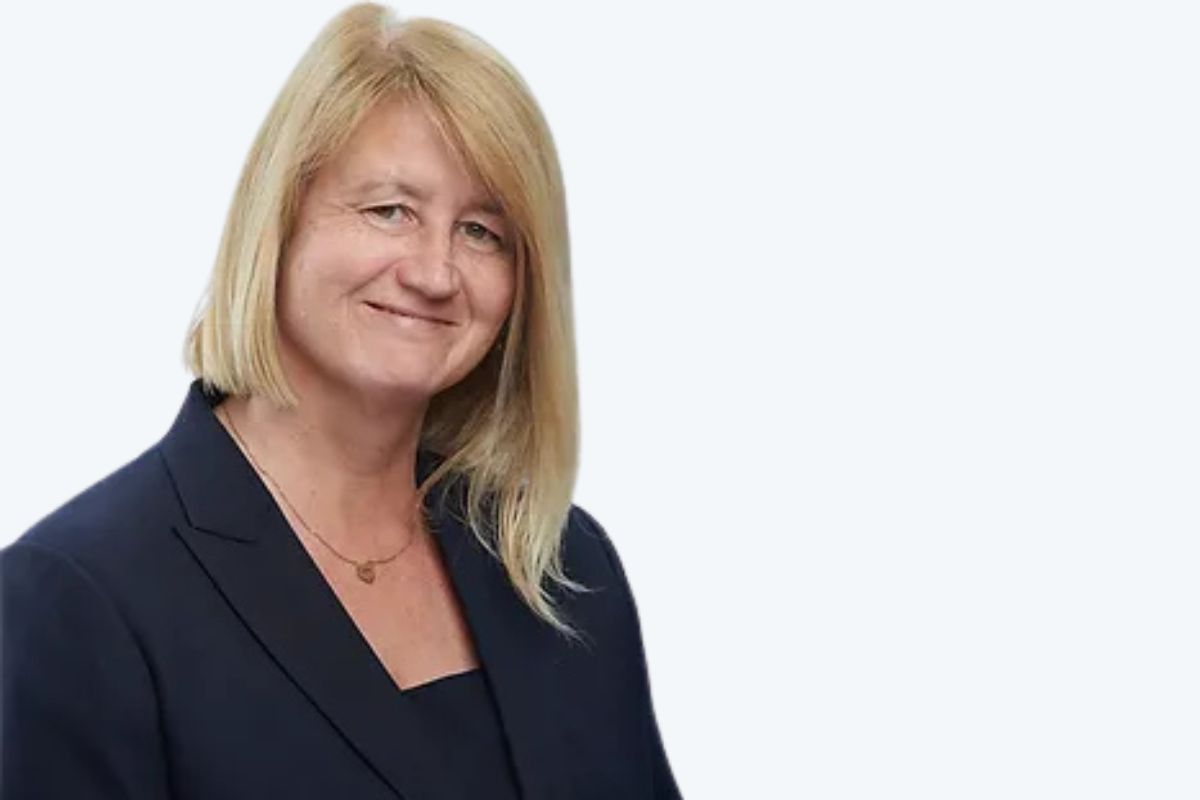Cross party group of MPs call on new PM to act as cost-of-living crisis locks millions out of internet

A new ‘State of the Nation’ report from the Data Poverty APPG has called for urgent action from the Government to support the most vulnerable during the cost-of-living crisis, as millions are unable to access essential online services.
The report comes off the back of data from Ofcom showing approximately one in three households in the UK are currently struggling to afford broadband – up from 1.1 million at the start of the year – while 1.5 million UK households had no internet access in 2021
The Citizen’s Advice Bureau have meanwhile released data showing that three million people were behind on their mobile phone bills and 2.7 million people behind on their broadband bills in January 2022. These figures are widely considered to have increased in the intervening months as inflation has risen.
Darren Jones MP, Chair of the Data Poverty APPG and MP for Bristol North West, said of the report:
“Internet access is now essential to normal life and to access basic public services. From booking a medical appointment, accessing educational resources or searching for cheaper energy rates – internet access is vital. The pandemic increased our reliance and further entrenched the digital divide.
“We need to see urgent action for the most vulnerable in our society. This report outlines the practical steps already being taken by organisations across the UK, develops recommendations for creating a more integrated approach to these challenges, and aims to support policy development in Government to lift the most vulnerable out of data poverty.
It is crucial that the Prime Minister takes notice of these recommendations and turns them into the swift action that the people of the UK require.”
The APPG heard from charities, community groups and internet service providers (ISPs) who reported that the most vulnerable in society are facing additional barriers accessing essential services, including healthcare due to many GP, hospital and other appointments being booked and conducted online.
Concern has also been expressed by education providers that students with no or inadequate internet connection are falling behind on their studies – leading to fears that a generation of poorer students will miss out on the opportunities afforded to their peers.
Internet access is highlighted in the report as bringing personal benefits such as saving money through being able to shop around for deals online, improved job prospects and the ability to work flexibly, as well as combatting social isolation and loneliness.
With a support package having been agreed by the Truss administration for people’s energy bills, the APPG believes the cost-of-living crisis – with energy, food and internet access bills soaring due to inflation – now warrants wider support from the incoming Sunak Government.
To do this, the Data Poverty APPG is calling for the implementation of nine measures to tackle data poverty in the UK. Foremost of these is accepting that internet has become so critical to everyday life that the Government should recognise an assumed right to data.
The recommendations in full are:
- An agreed definition of data poverty – government should convene stakeholders to agree a working definition of data poverty and the Office for National Statistics should be mandated to start collecting relevant data for publication.
- An assumed right to data – the Department for Digital, Culture, Media and Sport should put in place a legal assumption of the right to access data.
- A digital ‘right-of-way’ to public services – the Government should put in place a statutory duty on all public bodies (such as NHS providers and schools) to ensure a digital ‘right-of-way’ solution so that users experiencing data poverty can still access digital only services.
- Social tariff and data voucher auto-enrolment – the Department for Work and Pensions should work with internet service providers to create an auto-enrolment scheme that includes one or both products as part of its Universal Credit package.
- Social tariff order journeys – internet service providers should have specific order journeys for customers seeking to sign up to a social tariff, with call centre staff given appropriate training to correctly authenticate the customers’ universal credit status.
- Making early termination free and simple – internet service providers should waive early termination charges for customers moving onto universal credit and for customers already on universal credit but who could benefit from moving onto a social tariff with their current provider. Where ISPs already provide this service, they should make the necessary processes as simple and transparent as possible and allow for switching to another provider’s social tariff.
- Expand the number of zero-rated websites – websites for essential services, including accessing government, NHS and educational services, should be zero-rated.
- Establish collaborative ways of working – different regions should begin routinely sharing lessons from their research and experience to replicate in other places where appropriate, with a digital/data poverty lead assigned by each local authority.
Mayor of Greater Manchester, Andy Burnham, said of the report:
“I welcome the State of the Nation report to highlight the challenges and make a call to action to eliminate data poverty for good. Digital inclusion is a basic human right in a digital-first world that increasingly filters into every area of life.
“Whilst we recognise that access and skills are just some of many barriers to inclusion for many people, poverty is increasingly playing a large part in people’s ability to access the internet- for work, education, health and to connect with other people.
“If we are to truly address data poverty for the nation, we need to act as a whole system, including national and local government, voluntary and community support organisations, and with the telecoms industry. The APPG’s proposal for a national strategy is timely and welcome.”
Helen Milner, CEO of Good Things Foundation, said of the report:
“The Good Things Foundation wholeheartedly welcomes this report from the Data Poverty APPG, which offers a set of recommendations crucial to alleviating the effects of the cost-of-living crisis on people’s ability to get online.
“Internet access is no longer a luxury, but a necessity, especially for the most vulnerable in society. To this end, eliminating data poverty in the UK marks one step towards fixing the digital divide for good.
“Along with partners including the Data Poverty APPG, the Good Things Foundation are now calling for the Government to remove all VAT on social tariffs as an interim step to mitigate the effects of the spiralling cost-of-living on internet access for those most in need.”
Heidi Fraser-Krauss, CEO of Jisc, said:
“Issues around digital and data poverty have been impacting learning for years, as evidenced in Jisc’s pre- and post-pandemic student surveys.
“This inequity will become worse as the cost-of-living crisis overlaps with post-pandemic education where blended learning is becoming the norm.
“Part of the solution – and where Jisc is focusing effort – is more reliable and widespread wi-fi coverage specific to students. If more local authority buildings were linked with our education wi-fi network, thousands who study in the community rather than on campus would benefit.”
Chris Ashworth, Head of Social Impact at Nominet, said:
“Nominet welcomes the report from the Data Poverty APPG – as the cost of living crisis bites and forces impossible choices for millions of UK families over coming months, made worse by the digital divide.
“The practical, achievable recommendations in the State of the Nation report will mean tens of thousands more families can access digital services from government support and job opportunities to online education, and support from charities with better options to reduce weekly outgoings.
“Importantly, these recommendations on data poverty put the country on a path to fairer access where everybody can benefit from connectivity wherever and whenever they need it.”
Helen Burrows, Content and Services Policy Director at BT, said:
“BT Group welcomes the ideas in this report, although we note that to be effective they are likely to require some public funding.
“Sadly, there is a group of very low income households that are already struggling to meet their needs for food and energy, so even social tariff broadband is out of their reach without additional funding.
“We know that as the cost of living crisis hits, more and more households are struggling with their finances. Social tariffs can help here, and we think there is more that Government and regulator can do: to consider the options for additional funding; to ensure the industry standardise tariffs; and then to help make customers aware of the offers that exist.”











Responses